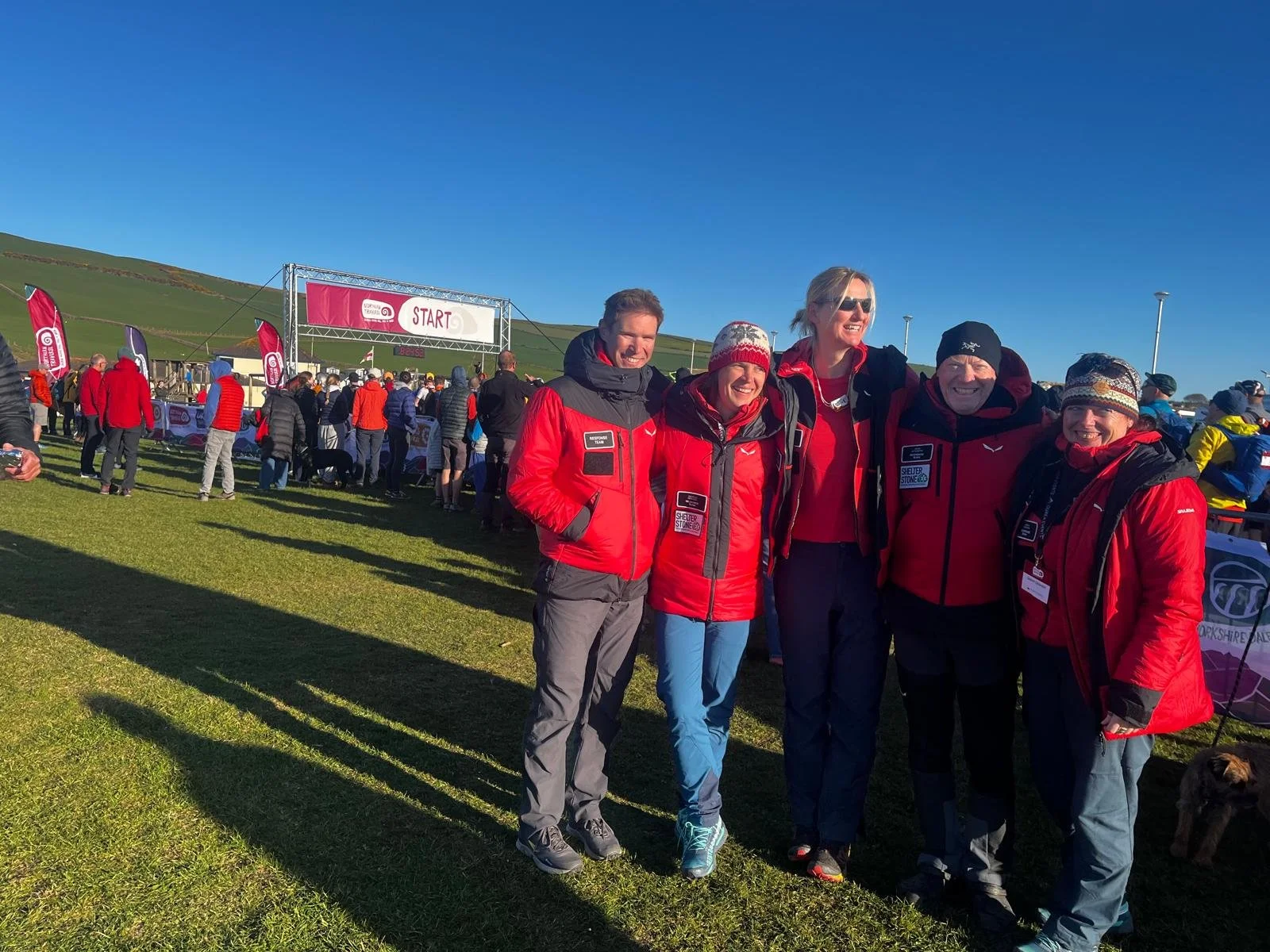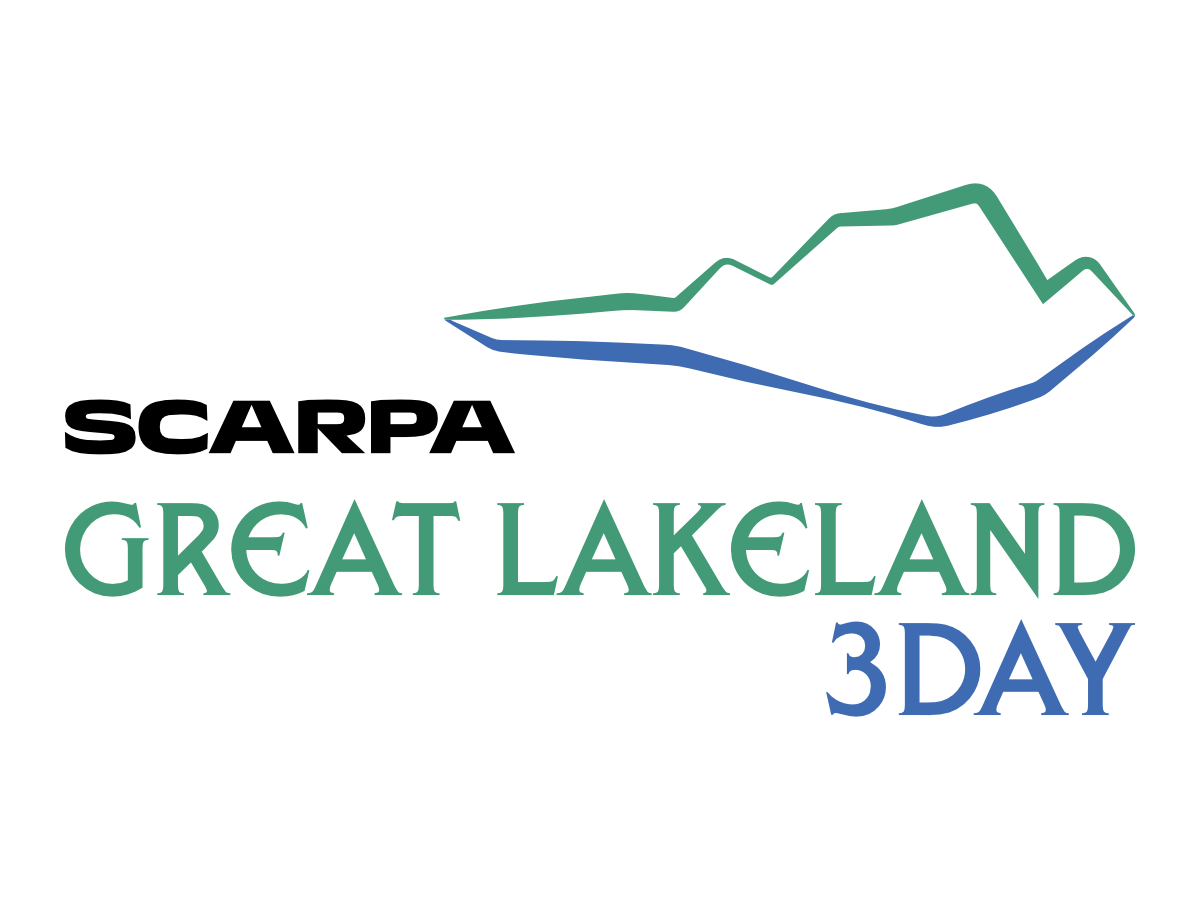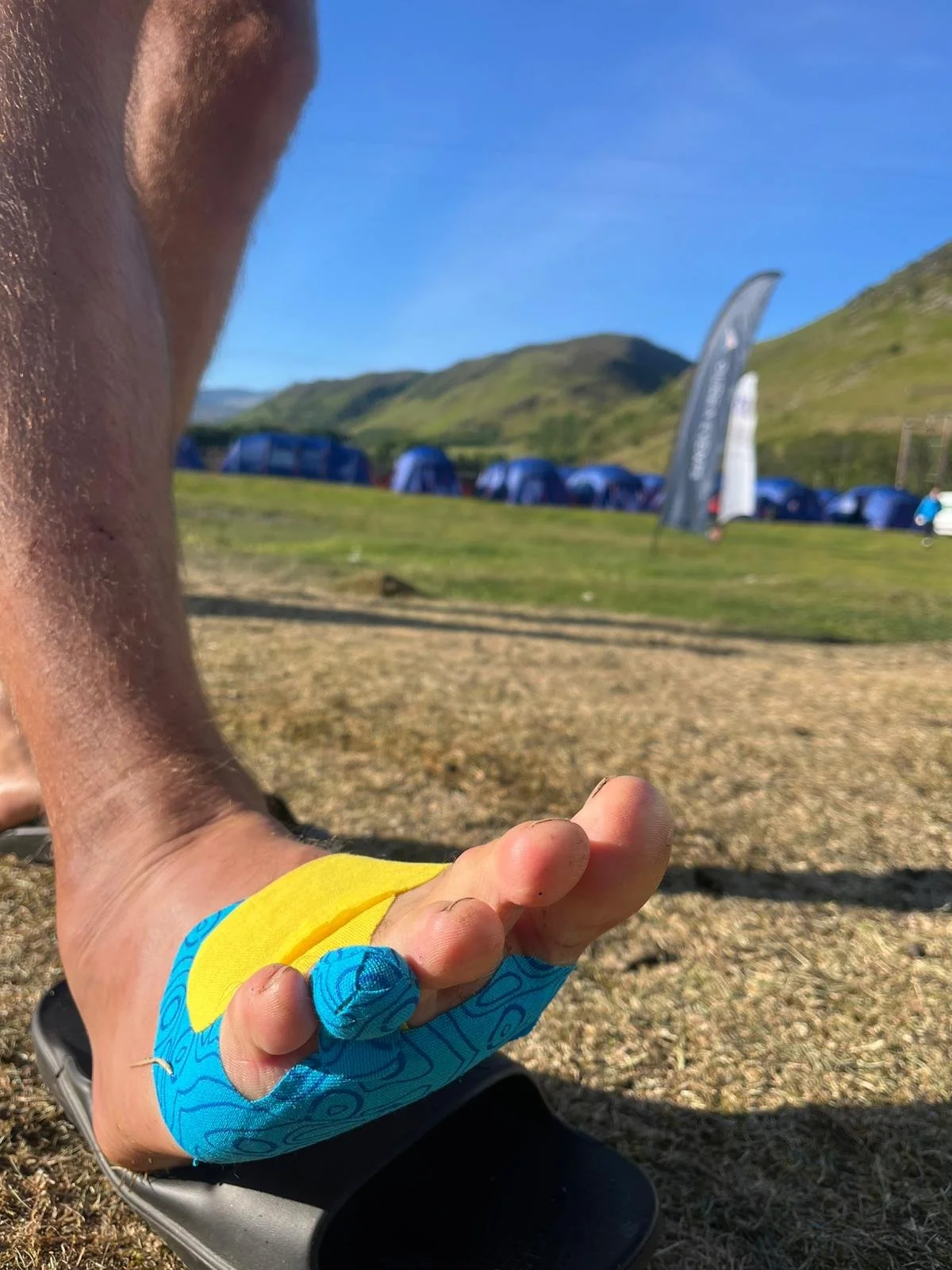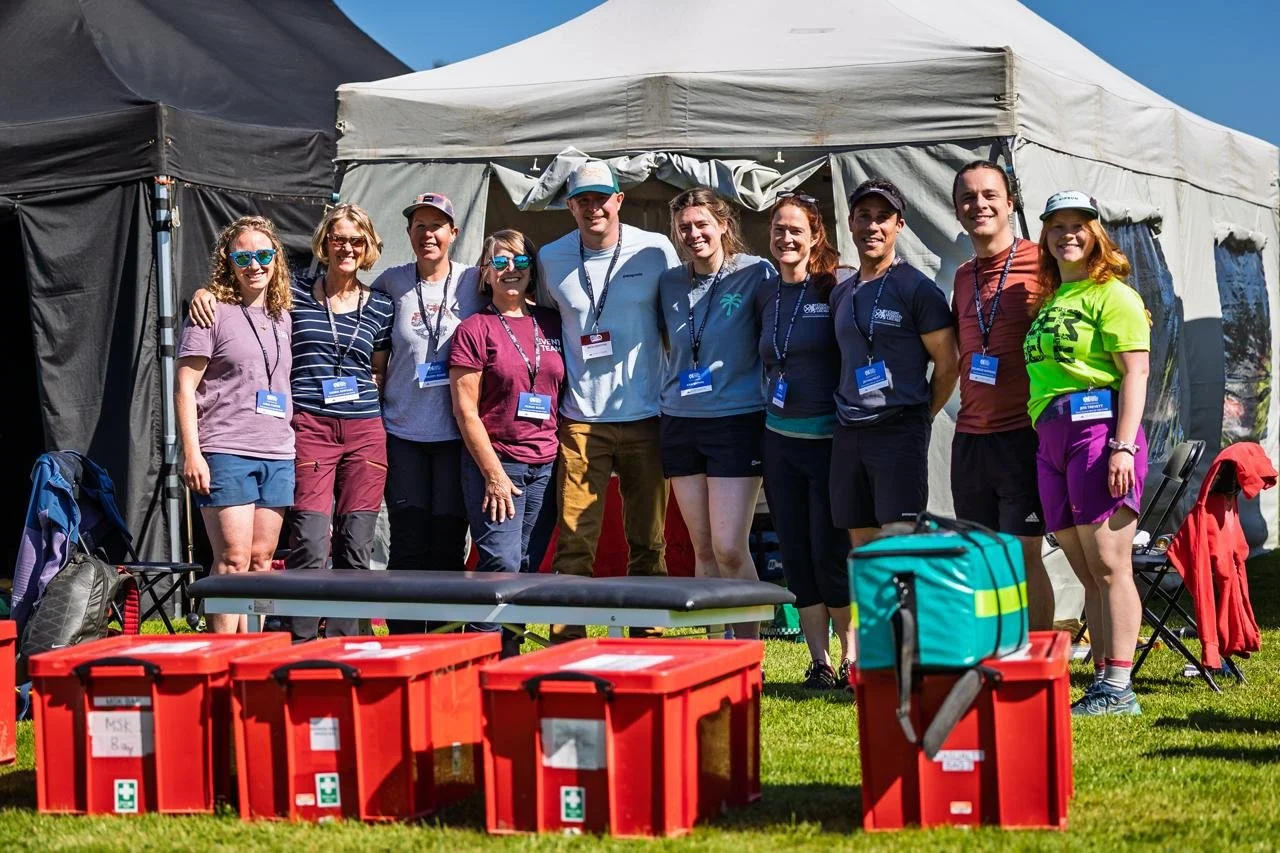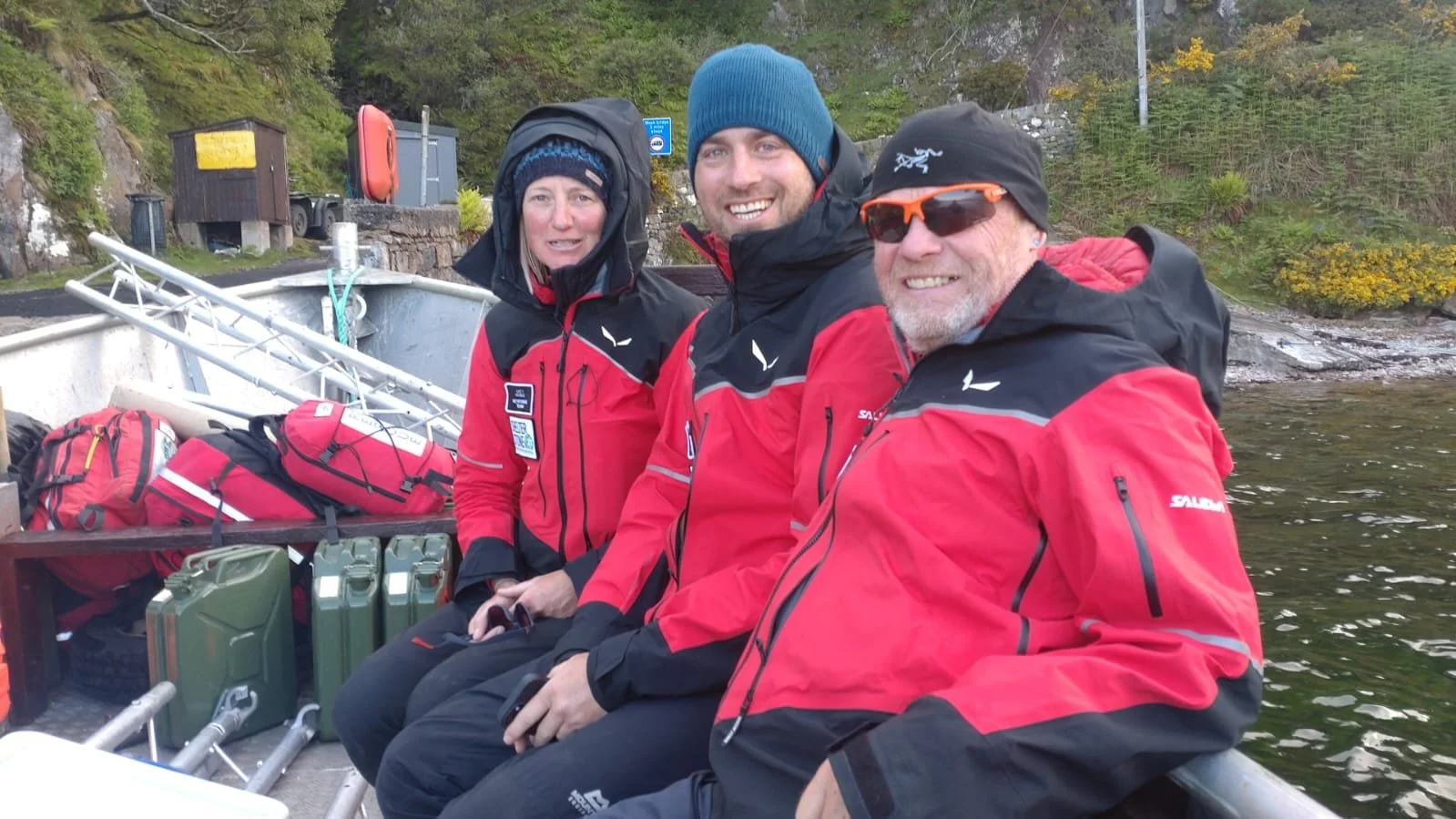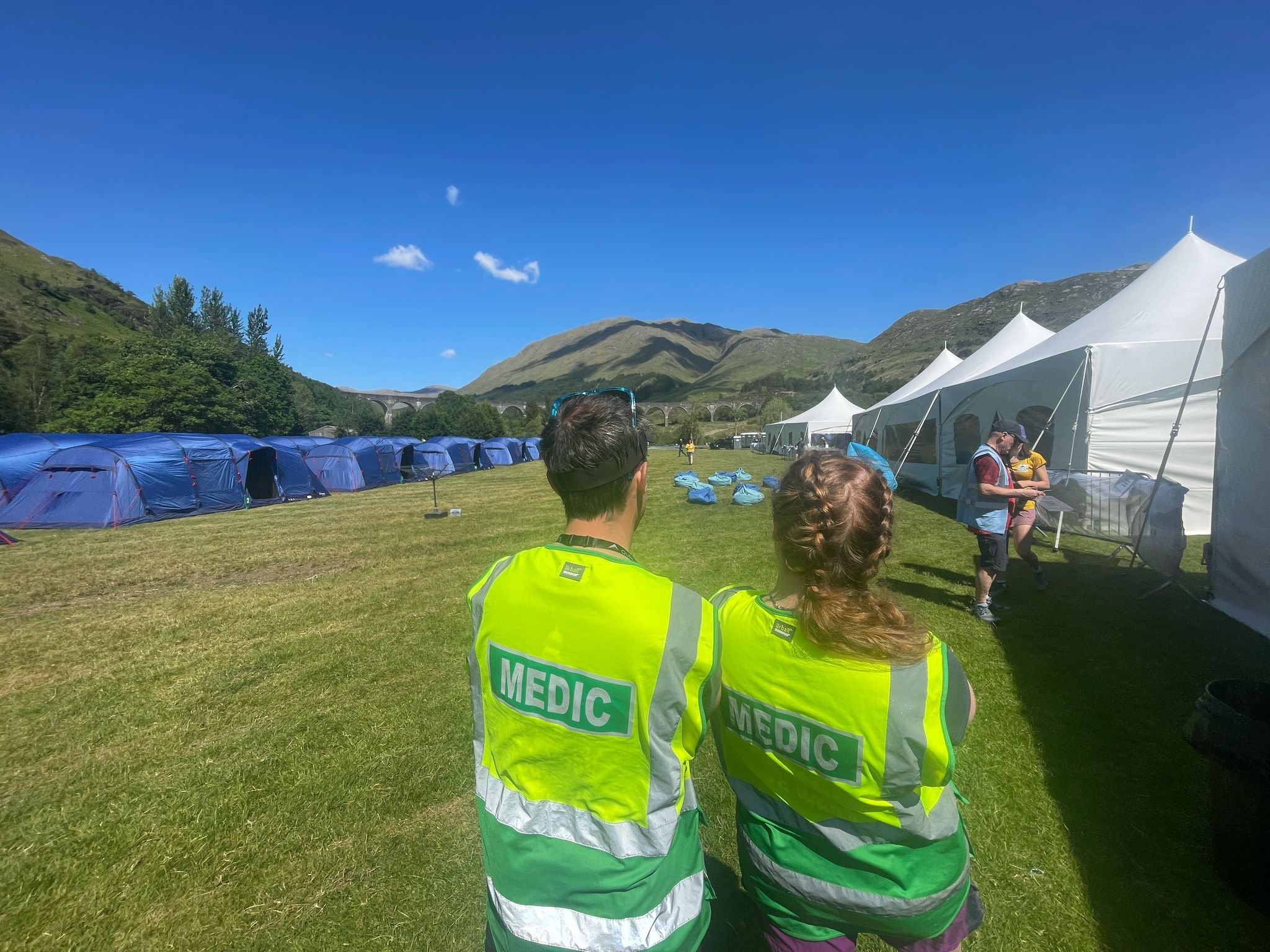Ourea Events Spring Season Review
As it has done for more than a decade, Shelter Stone continues to provide professional medical and rescue services to all of Ourea Events races, and we just completed the busy spring season including Northern Traverse®, Great Lakeland 3Days® and Capa Wrath Ultra®. For all events Shelter Stone provided Medical, Rescue and Event Control services.
The Northern Traverse® is a continuous 300km race along Wainwright’s Coast-to-Coast route across northern England from St. Bees to Robin Hood’s Bay. The fastest complete in less than 48 hours, with the slowest taking 4.5 days. Taking place in early April, it runs alongside additional races across the individual sections:
Lakes Traverse® 100km across the Lake District from St. Bees to Shap
Dales Traverse® 55km across the Yorkshire Dales from Kirkby Stephen to Richmond
Moors Traverse® 80km across the North York Moors from Ingleby Cross to Robin Hood’s Bay
Shelter Stone provided medical cover at 7 aid stations along the route, as well as at the finish line in Robin Hood’s bay, as and response team cover throughout.
This year’s races saw glorious sunny weather and blue skies without a drop of rain all week. However, while conditions were pleasant during the day, the temperatures plummeted to sub-zero during the night. So - besides the usual blister, footcare and MSK treatments common in this type of endurance race - we also cared for plenty of participants suffering from the cold conditions.
Another significant challenge was a logistical one - Damian Hall was on a mission at the front of the race, ultimately breaking the course record to finish in just under 43 hours, while participants at the tail-end of the race take over 4 days. This meant our medical team was spread across multiple aid stations while our response teams were covering more than 150km of countryside trail from front to rear of the race at any one time. However, our past knowledge of the event, meticulous pre-planning, and adaptability to changing conditions as the race evolved allowed us to keep participants safe throughout.
Shelter Stone response team at the start of the Northern Traverse
Next up was the SCARPA Great Lakeland 3Day® on the early May bank holiday weekend. This is a three-day event, where participants navigate their way around a series of checkpoints. They can choose from one of five different distance “linear” courses, or an “adventure” course where they can take controls in any order or combination each day, in all cases finding their way with either map/compass or following GPX routes.
Shelter Stone provided medical support at the event centre and overnight camp, and response team cover out on the hill. Once again the weather gods shone on us, and sunny weather prevailed. Temperatures were high enough for the event director to mandate extra hot weather kit, and our teams were on alert for heat related medical conditions.
Another logistical challenge to contend with is the nature of the event, with competitors spread across 5 different courses visiting different checkpoints across approximately 250 square kilometres of Lake District fells. This called for tactical placement of response teams on standby to spring into action as necessary. It also showcased how our Event Control supports an event like this. We put trackers all on participants (for this event just for internal safety use, unlike other events where they are also for spectator viewing) via which we can monitor participant progress, spot unexpected route deviations and slow runners, and pinpoint participants in need of help on the hill. We can also initiate or receive communication with participants in need of assistance.
Besides the usual blisters, MSK and other minor medical treatments, there were a two more serious incidents to attend to. Our teams dealt with them both professionally, arriving on scene promptly, assessing and treating in situ, before rescuing the participants back to the event site. For the vast majority of medical incidents the presence of our medical and rescue teams means the event doesn’t place any pressure on local resources. However, one of these cases was serious enough to require an ambulance transfer to local A&E, but our initial triage and treatment meant an efficient transfer of the casualty to a well-briefed ambulance team.
The month of May was rounded off with the Cape Wrath Ultra®, an 8-day expedition race up the length of the Cape Wrath Trail from Fort William to Cape Wrath lighthouse. Each day comprises between 40km - 70km of running, and while the trail generally takes lower level trails and passes rather than summits, the underfoot conditions vary from good tracks to very indistinct paths in rough Scottish highland terrain.
Once again (a theme for this spring!) we enjoyed gloriously good weather for the first six days, and once again mandatory hot weather kit was invoked for the first few days, as participants faced high temperatures, compounded by the remote terrain, under the blazing sun, and scarce opportunities to refill water bottles. This meant our medical teams were kept busy with monitoring hot and dehydrated competitors, and the cumulative effect of the hot weather taking its toil on feet.
Much of the Cape Wrath Trail is remote, and our response teams position themselves at remote sites, down 4x4 tracks, and in one case camp overnight in a remote bay only accessible by boat to be ready to provide cover from a checkpoint the next day.
Towards the end of the week the weather turned dramatically as a storm approached. Our Shelter Stone team provided input to the Event Director on various contingencies plans, thoughtful placement of response teams, invoking mandatory cold weather kit, and generally being on heightened alert to safeguard participants..
If you are interested in getting the very best professional medical and rescue services for your event, check out our Services and don’t hesitate to Get in Touch. If you are a suitably experience mountain rescue team member or healthcare professional and interested in what we do, see how you can Work for Us.


